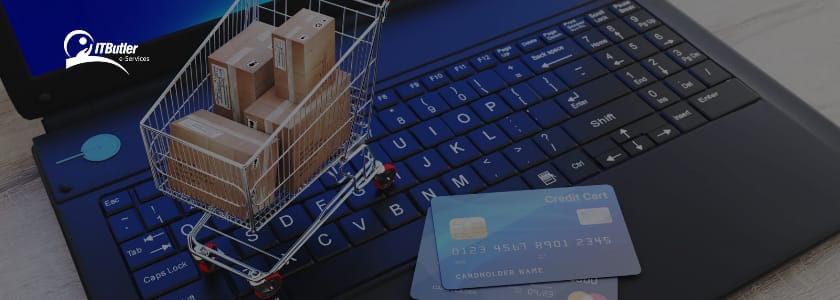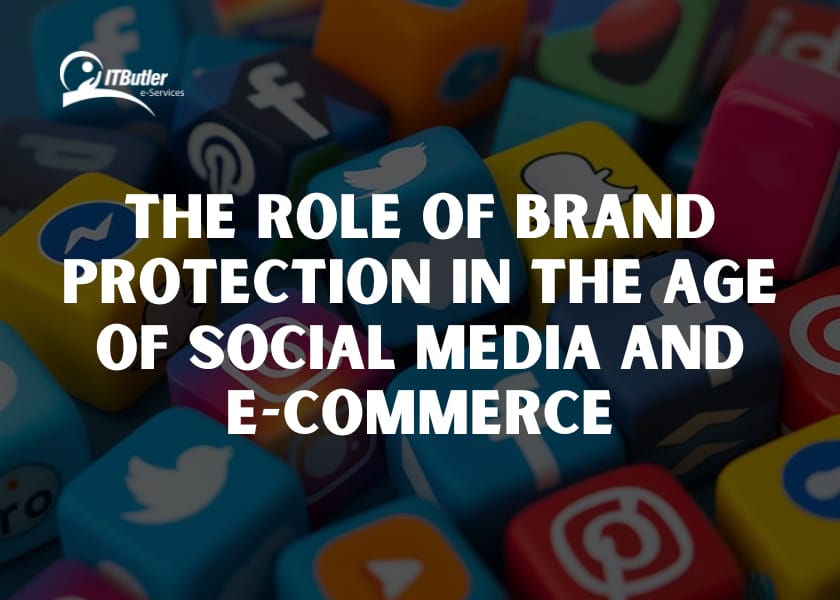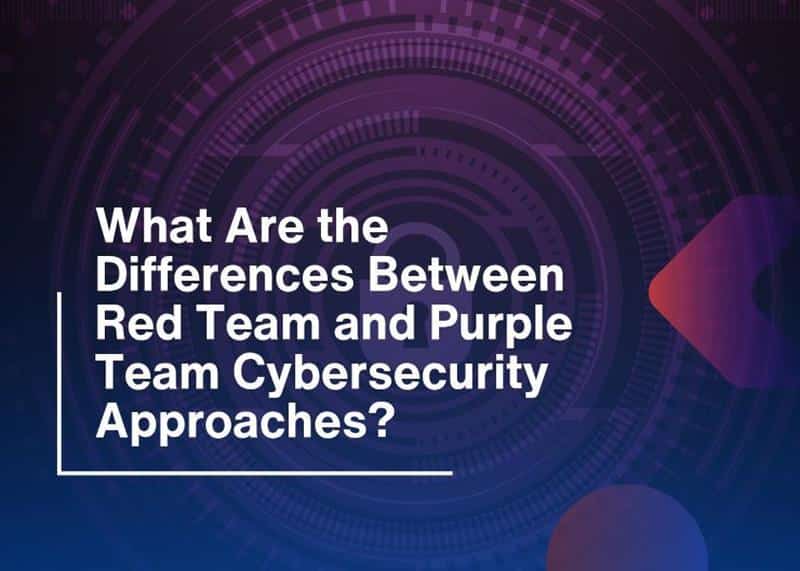Cyberattacks are no longer an “if” for businesses. It is a “when.” Your brand’s reputation is only one hack away from disaster. From a data breach to a hijack of your social media account, the risks are real and the stakes are high. So how do you protect it without stifling it? It requires a keen understanding of cybersecurity and brand management. So let’s discuss why protecting your brand from digital risks is not just smart business but survival.
Why CyberSecurity and Brand Management are Important?
Imagine you’re running a bakery and your cupcakes are the talk of the town. Then one day, someone hacks your Instagram account and posts…not cupcakes. Chaos ensues. This scenario may seem funny, but it’s a nightmare for businesses. Therefore, protecting your brand from cyber threats is no longer optional, it’s essential.
Cybersecurity plays an important role in maintaining the integrity of your brand. Whether it’s an e-commerce store, financial service, or tech startup, cyber risk management protects customers’ trust. So, let’s just face it: Who would even trust a bakery with poor password hygiene?
Cyber Threats That Will Ruin Your Brand
1. Data Breaches
Nothing shouts “untrustworthy” more loudly than a headline saying your company exposed customer data. A data breach doesn’t just hurt your operations, it tarnishes your reputation. Imagine it like dropping your phone into a muddy puddle. It might still work, but it’s never the same.
Therefore, when sensitive information, such as customer emails, credit card details, or personal addresses, is exposed, the damage can be irreversible.
To encrypt sensitive data like locking away grandma’s secret cookie recipe. As the encryption ensures that in case cybercriminals somehow gain access, they’re going to get nothing but some junk.
2. Phishing Attacks
Those “click here” promises for a million dollars. However, guess some employees still click on that email. Just one wrong click is all it takes, and the brand may face severe cyber threats. As soon it may be seen on the front pages for the worst of reasons.
Moreover, modern phishing has grown to evolve. It uses styles such as banks or internal messages, where in actuality those malicious emails would lead your brand toward disasters.
Hence, teach employees how to spot suspicious emails and remind them that “just to see” is never worth the risk.
3. Social Media Hijacking
One day, you’re tweeting about new product launches. But the next day your account is sharing memes from 2008. This is what happens when cybercriminals target your social media.
However, social media hijacking can make your brand look irresponsible and out of control. This does not only damage your online brand but also exposes you to losing customers who might like your brand.
But what’s the solution to this?
Two-factor authentication is something that you should be using because your reputation depends on it. Moreover, it adds an extra layer of security, which makes it harder for hackers to gain access to your accounts.

Cyber Risk Management to Protect Your Brand
Management of cyber risks is not something about installing antivirus software and going to bed. However, this means having a brand security strategy that combines technology and education. Cyber risk management is a process in a continuum, and without activeness, your brand cannot stand out.
1. Have a Cybersecurity Culture
Start from the grass-root level and educate the employees. These are the people who, ironically, represent your first line of defense but also become your biggest vulnerability. So train them on how to recognize phishing emails, use powerful passwords, and avoid suspicious links.
Cybersecurity practices throughout the organization will get all employees thinking alike regarding brand protection.
2. Partner with Cybersecurity Experts
Sometimes, you need the pros. However, partnering with cybersecurity firms can ensure that your systems are secure. They have the tools and know-how to find vulnerabilities, which can save your business from the latest cyber threats.
It’s also easier to pay for protection than it is to pay for damage control. So hiring the right cybersecurity team can future-proof your business and keep your brand image intact.
3. Risk Assessments
Cyber threats innovate much faster than TikTok trends. So perform periodic assessments to identify vulnerabilities in systems and processes. However, these checkups can help you uncover some of the weaknesses against which your brand is unsafe.
After all, your brand’s security is no less dynamic than your advertising. Moreover, hold quarterly or biannual security audits to stay ahead.
Building a Brand Security Strategy
However, a solid brand security strategy isn’t just about avoiding cyber threats. Instead, it’s about proactively protecting and growing your brand. So here’s a roadmap:
Step 1: Map Your Digital Assets
Know what you’re protecting. Your website, customer database, social media accounts, and even your email list are assets that need safeguarding. So Identifying what’s most important and vulnerable is the first step to building a comprehensive security plan.
Step 2: Layers of Security
Imagine your security measures like layers of an onion. However, each layer may make it harder for cyber thieves to get to the core. Therefore, the more layers of protection you have, the safer your brand is from cyber threats.
Step 3: Monitor, Monitor, Monitor
It also provides the feature of setting alerts for unusual activity. Moreover, some red flags that may indicate trouble include failed login attempts or unauthorized access to certain files. Hence, continuous monitoring will catch such problems before they become significant.
Protect Your Brand from Cyber Threats
Cybersecurity and brand management are the sword. Together, they create a force to be reckoned with. So here’s how you can proactively protect your brand from cyber threats:
Invest in PR and Crisis Management
Cyberattacks happen. But when they do, a good PR team can help control the narrative. Therefore, transparency and honesty go a long way in retaining customer trust.
Maintain Compliance with Regulations
Adhering to data privacy laws such as GDPR or CCPA is not just the law, but also good for your brand. As compliance shows your customers you care about their data.
Learn from Industry Giants
Brands such as Apple and Amazon heavily invest in cybersecurity. So take a page from their playbook.
Conclusion
Cybersecurity and brand management go hand in hand. A good security framework not only protects your brand but also boosts customer confidence.
So the next time you think of rebranding, launching a campaign, or designing a new logo. Remember none of it matters if your cybersecurity is stuck in the Stone Age. Because in the end, your brand’s reputation is only as strong as its defenses.





